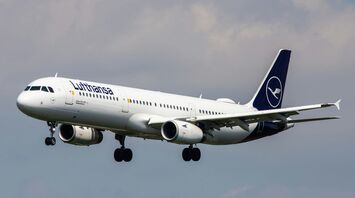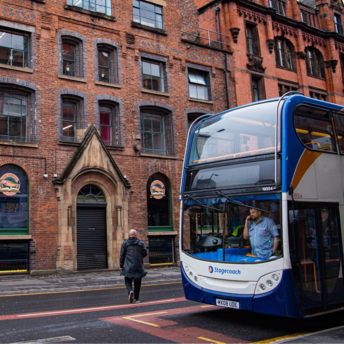EU to Exempt Long-Haul Flights from Non-CO2 Emissions Tracking

The European Commission is set to exempt long-haul flights from new legislation requiring the monitoring of non-CO2 emissions, following intense lobbying from international airlines and endorsement by the International Air Transport Association (IATA). However, Europe's low-cost airlines, including Ryanair, easyJet, and Wizz Air, strongly oppose this exemption.
Non-CO2 emissions, produced from burning jet fuel, include water vapor, nitrogen oxides, sulphur oxides, carbon monoxide, soot, unburned hydrocarbons, aerosols, and traces of hydroxyl compounds. These emissions contribute to environmental impacts such as contrail formation under humid conditions.
The EU Legislation
The European Union's new legislation mandates European airlines to track and report both CO2 and non-CO2 emissions starting January 2025. The non-CO2 Monitoring, Reporting, and Verification (MRV) system will collect data on soot, nitrogen oxide, and water vapor emissions. However, the legislation will initially exempt international flights between European and non-European destinations until 2027. From 2027 onwards, these flights will also need to report their emissions. The rules will apply to the European Economic Area (EEA) and include flights to Britain and Switzerland.
Support from IATA
IATA supports the exemption, citing a lack of scientific consensus on non-CO2 emissions. The organization argues that participation in the MRV framework should be voluntary due to its experimental nature. IATA asserts that the non-CO2 framework should align with current CO2 regulations, which exclude non-European flights, to avoid legal risks and account for regional differences in contrail formation.
Opposition from Low-Cost Airlines
Low-cost carriers Ryanair, easyJet, and Wizz Air oppose the exemption, arguing that it undermines the scientific value of the MRV system. They contend that excluding extra-EEA routes gives a false impression that these routes do not contribute to non-CO2 warming effects, potentially misdirecting future mitigation measures. The airlines emphasize the importance of comprehensive data to understand the impact of aircraft types and geographies on global warming.
Call for Comprehensive Coverage
Transport & Environment, a European NGO representative body, also advocates for the removal of the exemption, stressing the need for full geographic scope to accurately assess the environmental impact of long-haul flights and identify mitigation opportunities. They highlight that long-haul flights contribute significantly to warming and present larger mitigation opportunities.
In Conclusion
The debate over the EU's non-CO2 emissions tracking legislation highlights a significant divide between international and low-cost airlines. As the European Commission moves forward with its draft plan, the industry continues to grapple with balancing regulatory measures and scientific research to address the environmental impact of aviation.



















